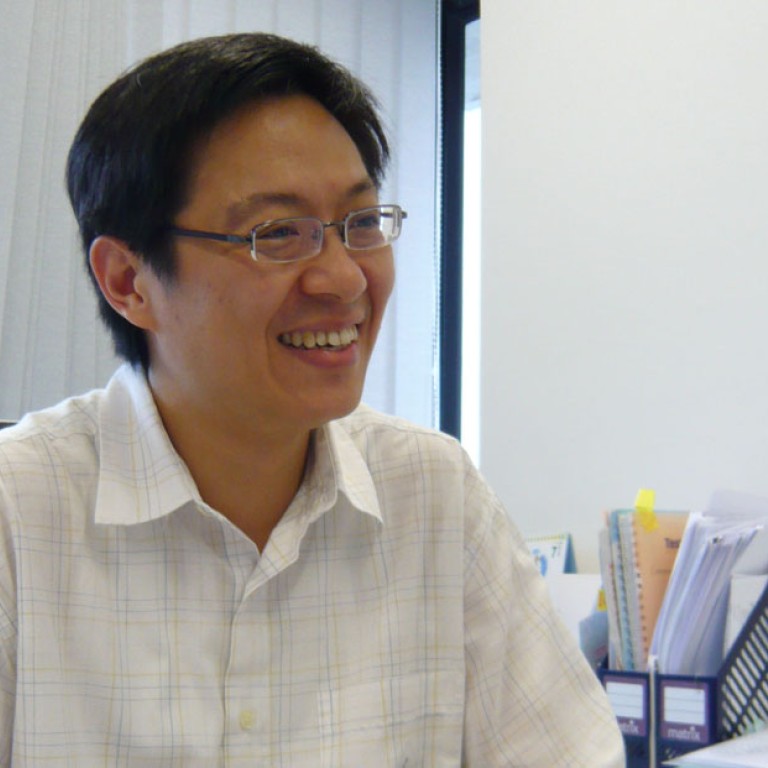
Failed by the system: experts condemn treatment of deaf children
Generation of hearing-impaired Hongkongers failed by an outdated and poorly funded system and are struggling to communicate, experts say
A generation of hearing-impaired Hongkongers have trouble communicating because of a policy banning sign language from all classrooms and a lack of support, sign-language experts say.
"They can't hear, can't speak, don't know sign language. Often they also can't write well because [the disability] really hinders them from learning in the common classroom," said Chris Yiu Kun-man, a project manager with the Centre for Sign Linguistics and Deaf Studies at Chinese University.
Yiu said he had met many adults with hearing impairments who went to mainstream schools and could not express themselves or had trouble understanding others.
"I'd have a sign-language translator with me, I'd speak and write as well when talking to them. The more complicated concepts are still hard for them to grasp," Yiu said.
Centre director Professor Gladys Tang Wai-lan said the government had not provided resources to develop the learning of sign language and there had been no support for deaf children struggling in common classrooms.
"There is nothing wrong with their intelligence. It's just that the education system has failed to give them the language tools needed to understand and to express themselves," she said.
Yu Bun, founder of the Hearing Impaired Support Network, said that although deaf children in conventional schools may be better at writing compared with those who go to schools for the deaf, mainstream schooling was a tough and lonely road for most.
The network connects deaf adults who went to mainstream schools across the city.
Yu, who suffers from severe hearing loss, was the only child with a hearing impairment at his primary and secondary school. Most never make it to university.
Yu took the HKCEE twice, and A-levels three times before he landed a place at Polytechnic University.
A study by the Chinese University centre in 2009 found 40 to 50 per cent of deaf children in mainstream primary schools had severe language impairment, Yu said.
The centre has been working with a local primary school to offer "bilingual classes" for both hearing-impaired and non-hearing-impaired children, taught through sign language and Cantonese.
It is the only school in the city to do so.
The centre is planning to run the bilingual classes with a secondary school from September. The programmes have not received any government funding.
An education bureau spokeswoman said the Lutheran School for the Deaf, the only such school in the city, has launched a three-year project to help students develop their sign language vocabulary.
Free hearing aids and audio services are also provided to deaf students at mainstream schools, but Yu said the hearing aids were of poor quality.
